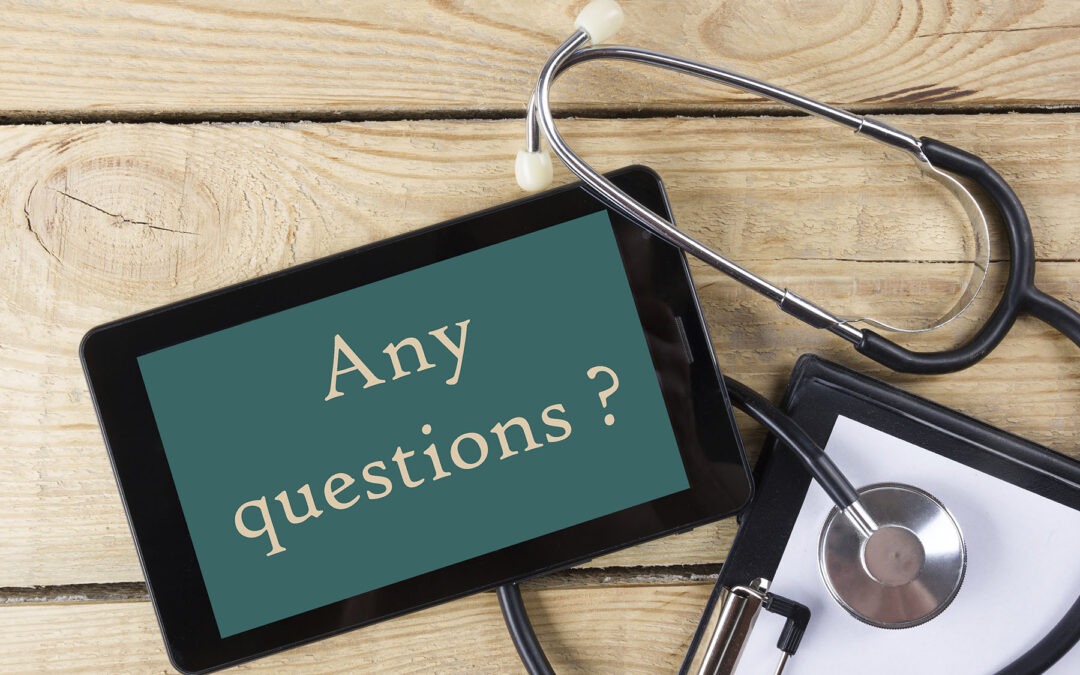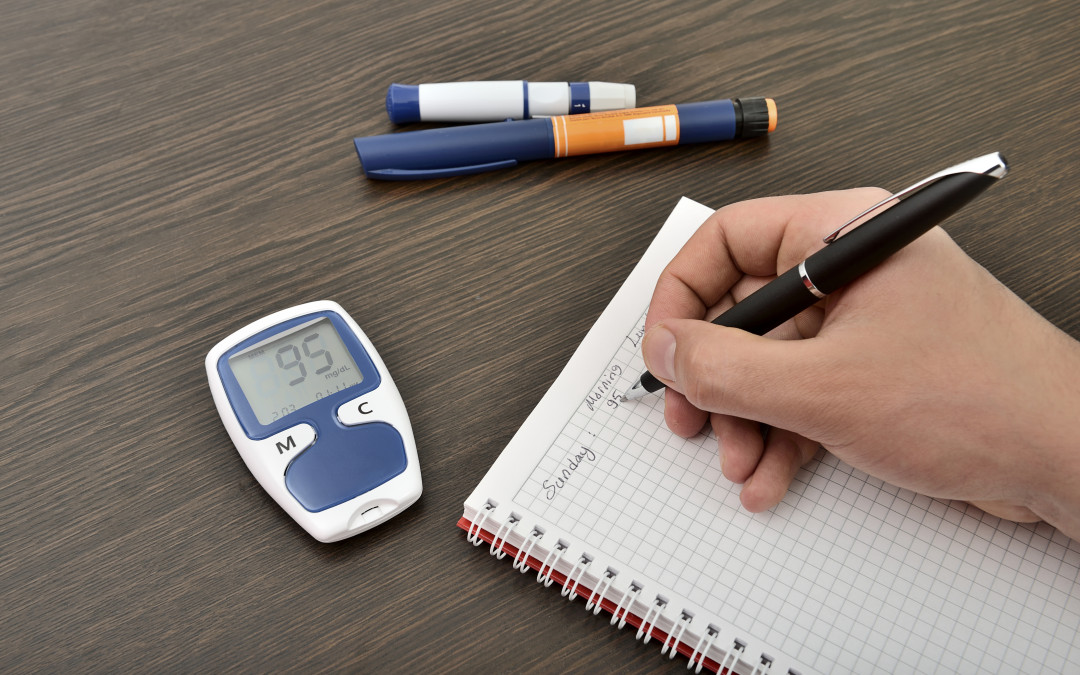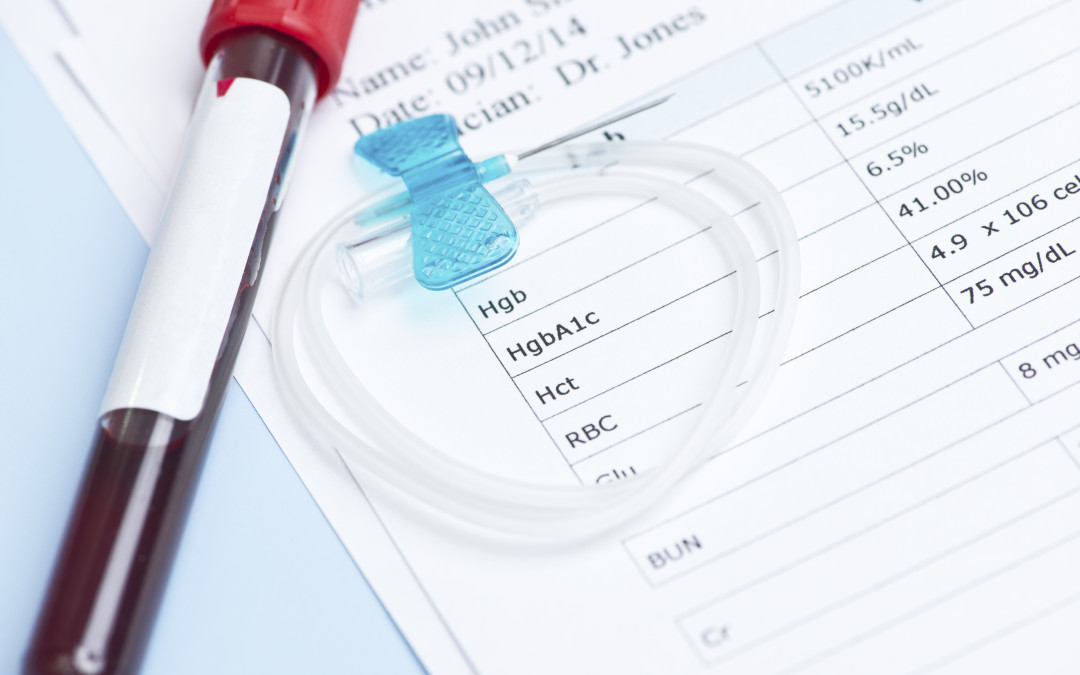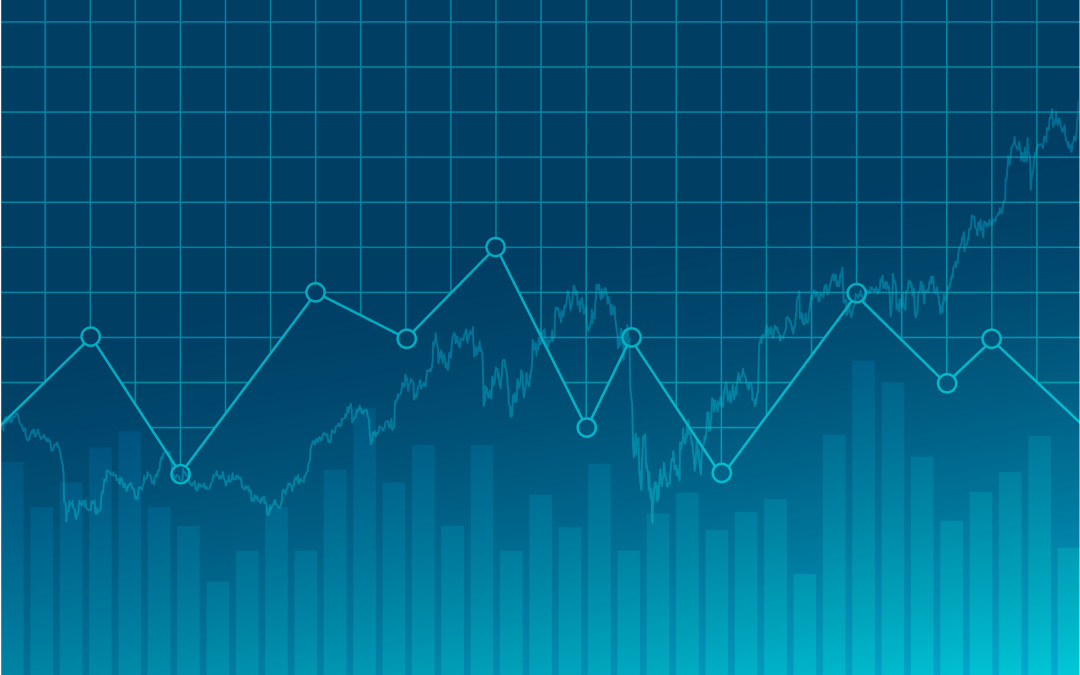
by Mohammed Al-Sofiani, MBBS MSc
Do you remember the first time you or a family member was diagnosed with diabetes? Your healthcare provider probably asked you to stop eating the night before a blood test. The next morning, you may have had a fasting blood glucose test. This provides a snapshot of...

by Maureen Seel, RDN/LDN CDCES
Facts about self-monitoring blood glucose (SMBG):Blood glucose is monitored at home using a small hand-held machine called a “glucose meter.”Persons with type 1 diabetes usually need to measure their blood glucose levels at least four times a day. Persons with type 2...

by Maureen Seel, RDN/LDN CDCES
If there’s one number all patients with diabetes should know, it’s their hemoglobin A1c (HbA1c or A1C) level: a measure of their overall blood glucose control for the past 3 months. Blood glucose levels fluctuate from hour to hour, day to day; but the A1C...

by Maureen Seel, RDN/LDN CDCES
If you have difficult to control diabetes on insulin therapy—or if you’ve had troublesome drops in blood glucose—your health care provider may have suggested a continuous glucose monitor. This monitor can reveal minute-to-minute fluctuations in blood glucose.The...




